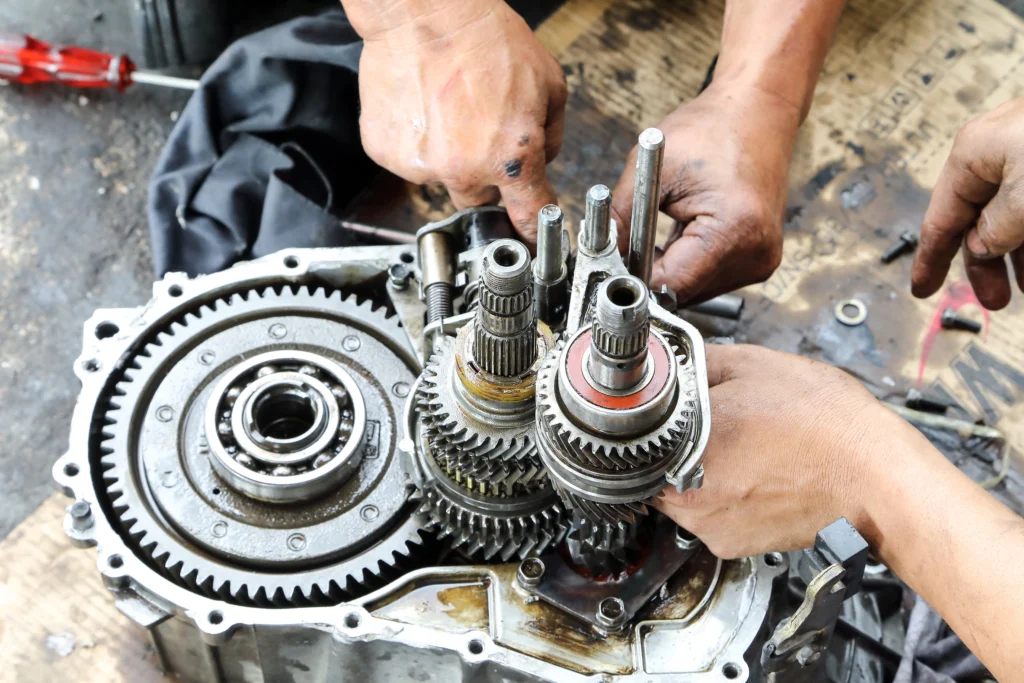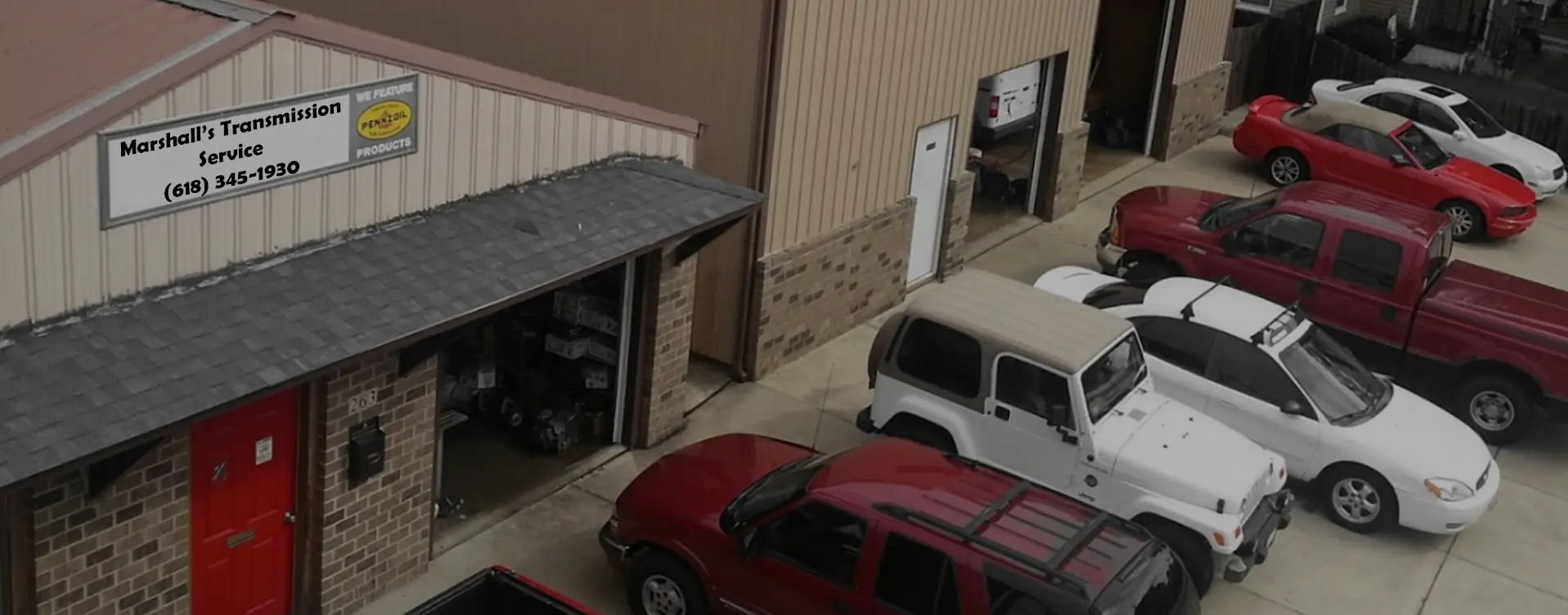
Continuously Variable Transmissions (CVTs) have become increasingly popular in Toyota vehicles for their smooth acceleration, fuel efficiency, and seamless gear transitions. While Toyota is known for producing reliable vehicles, their CVTs are not immune to occasional problems. Understanding the most common issues can help drivers identify early warning signs and address them before they lead to costly repairs in Freeburg, IL.
Hesitation or Delayed Acceleration
One of the more common complaints with Toyota CVTs is hesitation when accelerating. Drivers sometimes notice a lag between pressing the gas pedal and the vehicle’s response, especially from a complete stop or during passing maneuvers. This can be caused by worn components, low-quality transmission fluid, or internal belt and pulley issues. While this delay may feel minor at first, it’s worth having checked out before it becomes more noticeable.
Shuddering or Vibrations
A smooth, quiet ride is one of the benefits of a CVT, so when shuddering or vibrations occur, it’s a sign something isn’t right. This often happens during low-speed acceleration and can be linked to issues with the torque converter, worn pulleys, or contamination in the transmission fluid. In some cases, software updates from Toyota can help correct the problem, while other situations may require a fluid flush or more in-depth repairs.
Overheating
Like any transmission, Toyota’s CVTs can overheat when subjected to heavy loads, frequent stop-and-go driving, or steep inclines. When the transmission overheats, it may switch into “limp mode,” lowering power output to help protect it from further damage. This issue is often tied to insufficient cooling capacity, especially if the fluid hasn’t been replaced at proper intervals. Installing an auxiliary transmission cooler can be an effective preventive measure for those who drive in demanding conditions.
High-Pitched Whining or Unusual Noises
A CVT operates differently from a traditional automatic, so it’s normal for them to sound slightly different. However, a high-pitched whining, grinding, or humming noise that increases with acceleration can indicate internal wear, fluid degradation, or bearing damage. Because CVTs use a belt and pulley system rather than fixed gears, any misalignment or damage to these components can create noticeable noise.
Transmission Fluid Contamination
Toyota CVTs rely heavily on clean, high-quality fluid to keep their components running smoothly. As your vehicle ages, the fluid can pick up metal particles and debris from regular wear and tear. While many newer Toyota CVTs are marketed as “lifetime fill,” regular inspections are still essential. Failing to maintain the transmission fluid can cause slipping, overheating, and eventually the failure of essential components.

Preventive Tips for Toyota CVT Owners
- Follow Toyota’s recommended service intervals, even if the CVT is labeled “maintenance-free.”
- Use only the specified CVT fluid type to avoid compatibility issues.
- Watch for unusual sounds, shifts in performance, or any warning lights on the dashboard.
- Avoid aggressive driving habits that place unnecessary strain on the transmission.
By recognizing these common CVT issues and addressing them early, Toyota owners in Freeburg, IL can extend the life of their transmission and maintain the smooth performance these vehicles are known for.
Having issues with your vehicle’s transmission in Freeburg, IL? Contact Marshall’s Transmission Service today to book your repair appointment.




